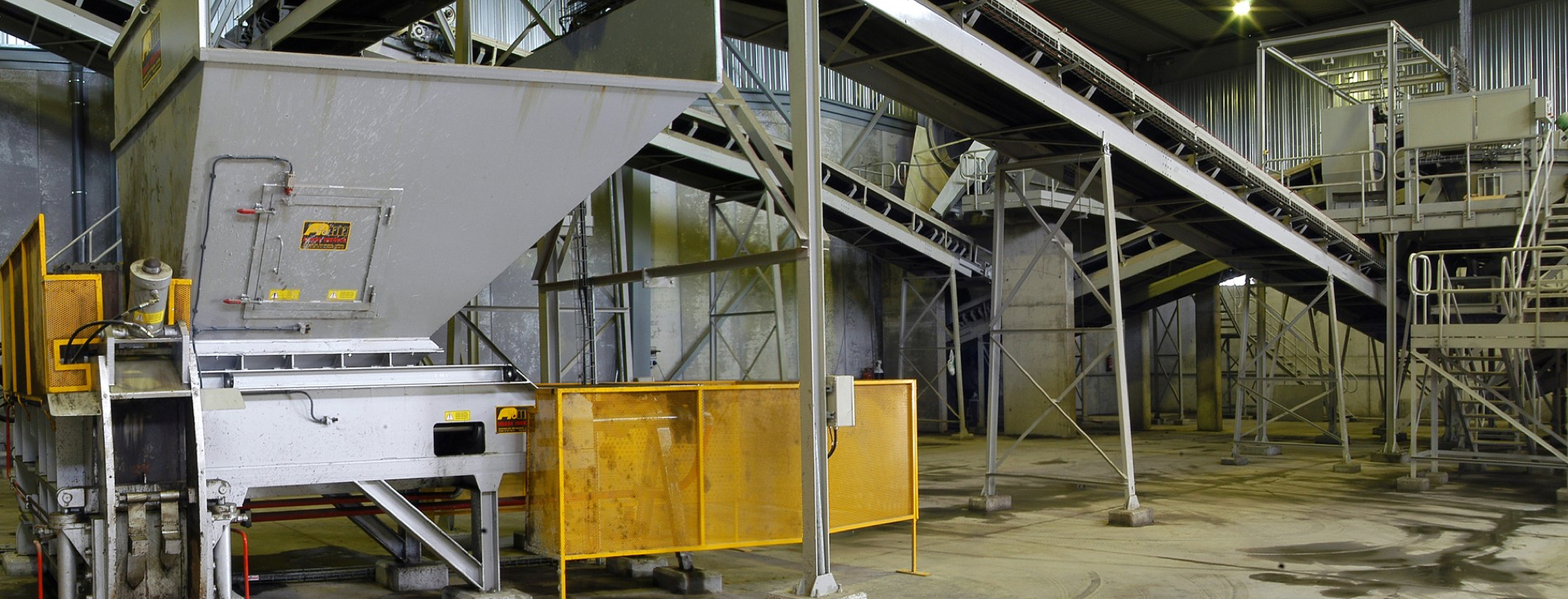What Recovery Means
After reduce, reuse, and recycle, recovery of value from waste is considered the most sustainable option.
Recovery of energy from waste has many benefits:
It diverts the maximum amount of waste from landfill, and the consequent generation and emission of landfill gas which is over 21 times more effective at trapping heat within the atmosphere than carbon dioxide.
It safely manages waste that cannot be readily recycled.
It generates energy in the form of electricity and heat.
It provides indigenous energy supply – adding to the UK’s energy security.
It generates renewable energy, contributing to the UK’s renewable energy targets. Around 50% of the energy generated at our facility may be classed as renewable due to the amount of biogenic (plant-based) feedstock.
In the field of waste management, recovery means getting value from waste. Most commonly this is practised through recovering the energy locked up within those wastes for which recycling is impractical. Recovery features in the accepted Waste Management Hierarchy, which has its origins in the EU Waste Framework Directive which states in Article 3: 'Recovery' means any operation the principal result of which is waste serving a useful purpose by replacing other materials, which would otherwise have been used to fulfil a particular function, or waste being prepared to fulfil that function, in the facility or in the wider economy. Annex II sets out a non-exhaustive list of recovery operations; [Article 3(15)]
The Energy from Waste sector provides a good example of recovery, with over 60 facilities planned or operating in the UK to recover the energy value from waste. The performance efficiency of the Gloucestershire Energy from Waste facility has been accredited as a Recovery Operation by the Environment Agency.




